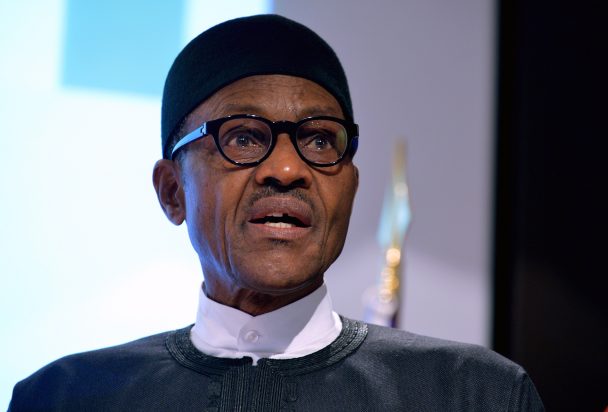The Lagos Business School on Friday lauded President Muhammadu Buhari’s administration for improving Nigeria’s ranking in the ease of doing business among the comity of nations.
Mr Uchenna Uzo, its Director, MBA Lagos Business School, made the commendation at the ongoing International MBA Lagos Business School Week in Lagos.
According to him, Nigeria is now ranked 145 in the world in the ease of doing business, going up more than 10 spaces in the last three years.
“One of the achievements of the present government’s administration is helping us improve our position in the ranking on the ease of doing business.
“This is a good development because it will help attract investors into the country, but we can still do better to improve our ranking in order to develop our economy better,” he said.
The director said that introducing policies in the right direction would promote investments and make it easier to open businesses without the usual hassles of corruption and extortion.
“Until we see these policy changes that will make Nigeria more investment friendly, it might be difficult to have us move up very high in that ranking,” he said.
Uzo said that the International MBA Week is the week in which the school explored in showcasing the most promising aspects of the country’s potential.
“Nigeria has great potential in its creative industries. People know a lot about Nollywood and the music industry, but lack adequate knowledge about the business aspect of these industries.
“The MBA week seeks to expose people to what it takes to invest in these industries and to export our creativity and productivity to other parts of Africa and the world.
“We do this in order to help our students understand where the action is and what it takes to invest and improve intercultural exchange among people who are studying in Africa,” he said.
Uzo said that one main factor that could help elevate the creative industry was to build an educational infrastructure that would help artistes and other people improve their expertise.
“The creative industry is still an all commerce industry where anybody can come in at any time without necessarily having all the needed skills and abilities.
“We need that kind of training and development in partnering with schools and institutions that is used in music and film-making production to help these young people in the industry acquire the necessary skills.
“We have the raw talents and what they need is that expertise that will help them improve on their productivity,” the director said.
Uzo said that the school also looked at the potential of doing business in real estates, agriculture and Information, Communication and Technology (ICT) apart from the creative industry.
Desmond Ovbiagele, a film producer, said that the school was passionate about the business potential in Nollywood, but there was little it could do to raise awareness on the issues of Nollywood.
“The real task of moving Nollywood forward lies on the government and the media in giving a more critical coverage on Nollywood and the quality of films produced.
“This will help boost the brand of Nollywood so that when Nigerians in diaspora go to cinemas abroad, they will gravitate more towards watching Nollywood movies instead of Hollywood movies.
“There needs to be that awareness of the quality of Nigeria films in the consciousness of people so that we can compete more when it comes to their viewing decisions,” Ovbiagele said.
Steve Babaeko, Founder, Extreme Concepts Digital Agency, said that apart from farming, the creative industry was the second largest employer of labour in any given country.
Babaeko said that the creative industry was the biggest public relations tool which the government should look into developing for the benefits it could provide to a country. (NAN)

